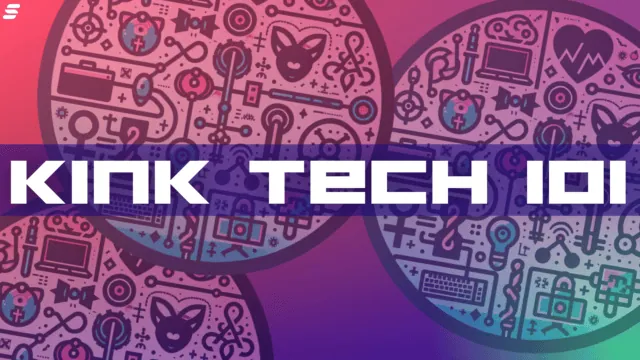China is making moves to ban deepfake technology, to come into effect as soon as January 1 2020, according to new rules from the Cyberspace Administration of China (CAC).
In September, Chinese face-swap app ZAO went viral, leading to mass concerns about privacy, given it could create deepfakes in as little as eight seconds. China’s new regulations seem to be a direct response to this nascent technology, as well as its pornographic deepfake equivilants.
“Currently, the number of online music users in China has reached 608 million, and the number of online video users has reached 759 million. However, at the same time, it also brings the risks of spreading illegal and bad information and infringing on the legitimate rights and interests of the people, especially with the use of new technologies such as ‘deep forgery’ in the field of network audio and video, the CAC says.
The rules state that “no new technology or new application may be used to make, publish of disseminate false news information”. All video and audio recordings that have been altered must be clearly and accurately labeled as altered to avoid prosecution.
“There is an urgent need to introduce targeted management regulations, clarify the information content security management responsibilities of network audio and video information service providers and their technical support subjects, and standardize network audio and video information service providers on the use of new technologies such as deep learning and virtual reality.
The CAC says a “convenient complaint entry portal” will be set up to handle public complaints.
In this recent cat and mouse game between law and deep fake technology, its impact on politics is undeniable, let alone the fake pornographic content, mostly consisting of non-consenting women.
Websites that have attempted restriction of deep fakes include that of Pornhub, Twitter, and Reddit. However, Facebook and Twitter refused to remove content of Democratic leader, Nancy Pelosi back in May of this year that was known to be altered.
In the UK a review began on July 1, 2019, and won’t deliver its report until the summer of 2021, with a plan to propose new laws to cover offences.
In June in the US, a Deepfake Accountability Act was created, but it failed to pass the House Committee. California, however, banned deep fake videos in October.
Read Next: Why Blockchain and cryptocurrency won’t save the adult industry






Leave a Reply